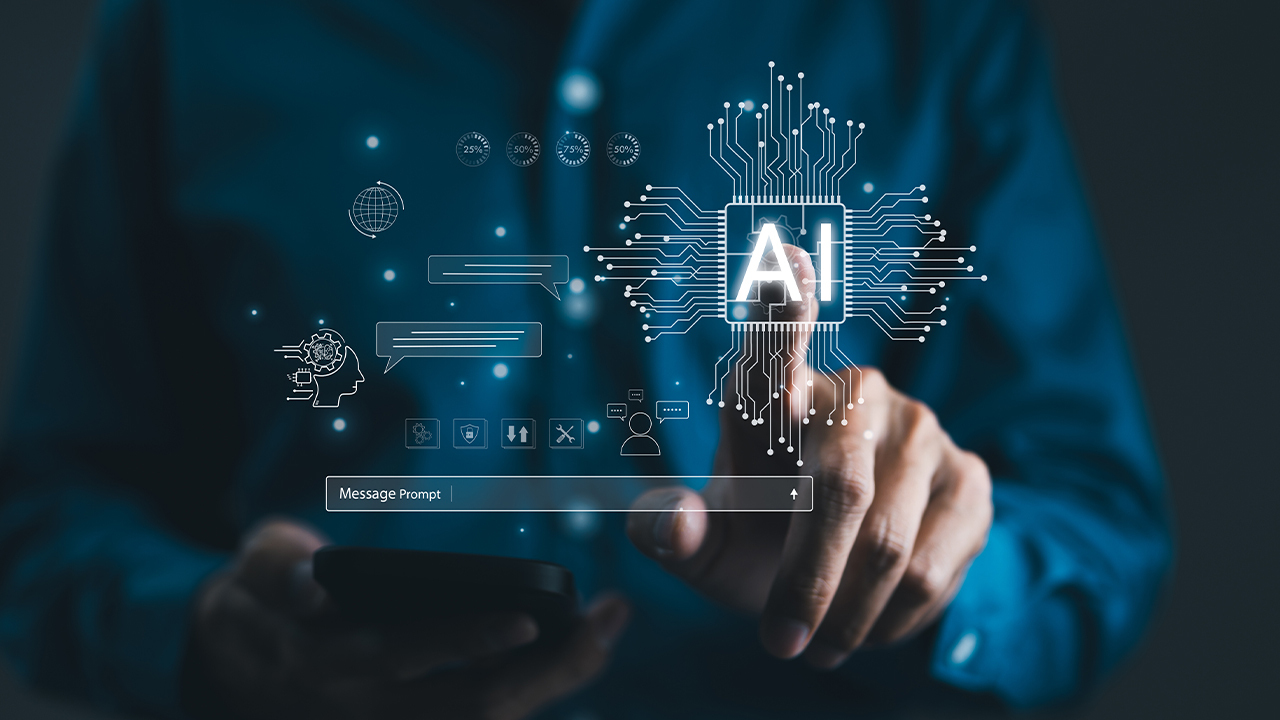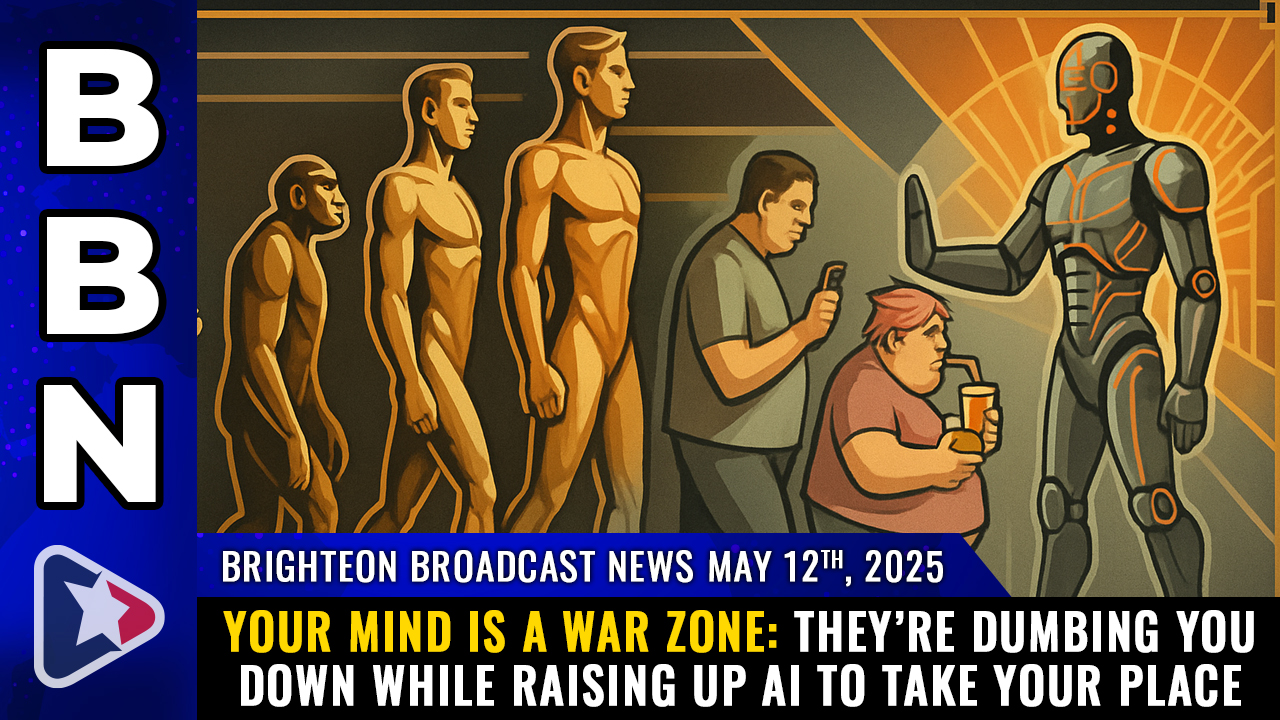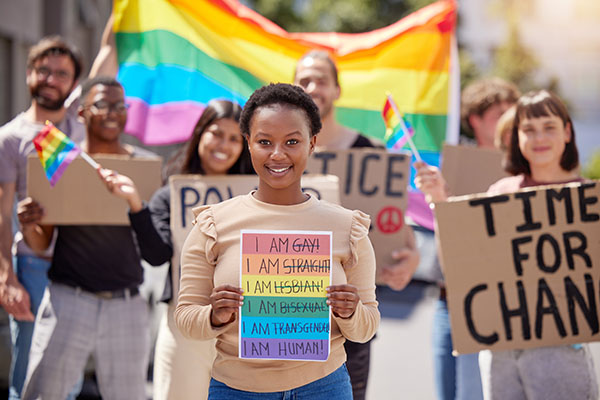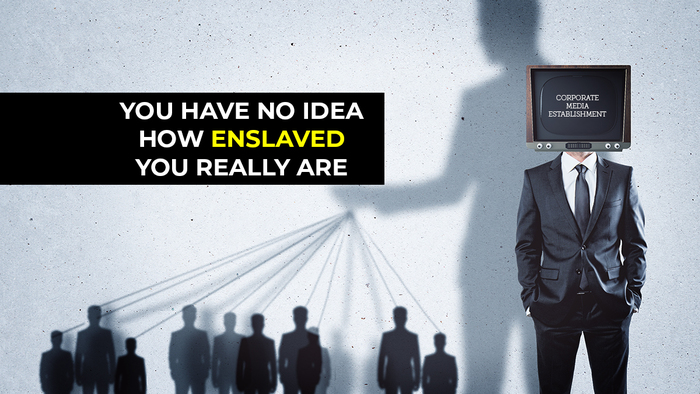 Parler
Parler Gab
Gab
Key trends in 2024: Efficiency and experimentation
In 2024, Generative AI was primarily a productivity booster. Top uses included:- Drafting emails & documents: Automating routine writing tasks.
- Coding assistance: Generating and debugging code (e.g., GitHub Copilot).
- Personalized learning: Tailoring educational content to individual needs.
- Creative exploration: Generating ideas, editing text, and even producing "fun & nonsense."
2025: AI as a life organizer and confidant
Generative AI has swiftly ascended as a digital confidant, with therapy and companionship and organizing life emerging as its top two uses in 2025, according to a Harvard Business Review analysis. Once a tool for drafting emails or debugging code, AI now fills roles traditionally reserved for human therapists — offering emotional support, conflict mediation, and even existential guidance. Startups deploy chatbots trained in cognitive behavioral techniques, while individuals turn to AI for judgment-free venting or confidence-building exercises. Though not a true replacement for licensed care, its 24/7 availability and plunging stigma are reshaping mental health access. Yet critics warn: Can algorithms ever replicate human empathy — or will they deepen isolation in disguise? By 2025, Generative AI’s role expands beyond efficiency into personal transformation and complex decision-making. The data reveals three seismic shifts: 1. From productivity to purpose AI isn’t just a tool — it’s a life coach. Uses like "Find Purpose" (+23 rank change) and "Organize Life" (+22) reflect AI’s growing role in existential guidance. For example:- Apps like ChatGPT now offer structured self-reflection prompts.
- AI-generated travel itineraries and childcare tips blend logistics with lifestyle design.
- Education: AI tutors adapt to learning styles in real time.
- Health: Custom meal plans and medical advice (though not yet FDA-approved).
- Work: Corporate LLMs draft performance reviews and even handle employee complaints.
Declining uses: What’s fading away?
Some 2024 applications dropped significantly in rank by 2025:- "Edit text" (-12) and "Excel formulas" (-15): As AI handles these tasks seamlessly, users no longer cite them as "notable" uses.
- "General advice" (-18): Generic responses are replaced by context-aware, personalized guidance.
Controversies and challenges
Regulatory frameworks lag behind innovation, leaving users to navigate pitfalls alone. The data also hints at unresolved tensions:- Medical and legal risks: AI-generated health/legal advice lacks accountability.
- Job displacement: Roles in copywriting, customer service, and coding face disruption.
- Ethical dilemmas: Should AI mediate human conflicts? Who’s liable for bad advice?
Government workers at risk as AI automation threatens 80% of Federal jobs
By Finn Heartley // Share
AI breakthrough Aardvark Weather offers affordable forecasting for globally vulnerable regions
By Willow Tohi // Share
TSUNAMI threat looms across the Pacific after powerful earthquake in Russia's Kamchatka Peninsula
By ramontomeydw // Share
An apple a day still keeping the doctor away
By newseditors // Share
Lefties, illegals and minorities are finally experiencing "consequence culture"
By newseditors // Share











